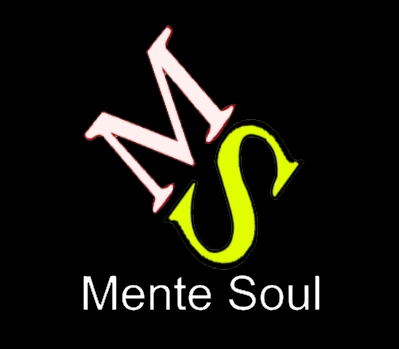Published May 12, 2022
Statements announced can bypass reasoning when our morals and ethics aren’t steady. Depending on the speaker, fallacies appeal to common belief before verifying the notion. I didn’t realize falling for myths of the mind until I suffered a traumatic brain injury (TBI). Here are five myths about brain health I observed once I concentrated on mental health.
Myth 1: Your memory will not get better, only worse.
My Advice: The brain and any body part lose skill from inactivity. After my accident, I relearned daily activities and later graduated college. Old memory paths break, but new ones can form which is called brain plasticity.1
Myth 2: Disability means you can’t do something.
My Advice: The word “disability” is not a label anyone wants. Everyone is different and so are their abilities. To introduce a university course, professors tell the class about disabled students. If I ever told other students about my brain injury their attitudes changed. The common modifications were a calm voice tone and slow speaking speed to ask what was “wrong” with me. Do not assume everyone has the same abilities. Every brain is unique so special treatment is appropriate by their request.
Myth 3: Multitasking supports a healthy brain.
My Advice: Picture a kitchen with one chef. “Chop vegetables, simmer garlic, grill meat and remove food from the oven!” Don’t race against yourself. These demands are not logical to manage simultaneously. Multitasking creates interruptions from one task to another. Multiple processes adds stress and danger to the individual. Separating tasks in an orderly manner is reasonable for the chef to serve the best plate of food.

The chef multitasking example is an occurrence we manage every day. Doing our best requires full attention so don’t limit yourself. Complete each procedure with total immersion to stay productive.
Myth 4: The brain recovers like a muscle.
My Advice: The brain is a mysterious organ, not a muscle.2 We may question the myth, but do not research further. Thus, we relate the organ to other body parts. Comparing behavior and talk to the past are noticeable instances of recovery. The mind lives in the present, always adapting itself to thrive. You must control the mind to pass any obstacle in your path.
Myth 5: We can be left or right-brained.
My Advice: My brain took damage on the left, logical side as the myth describes. This misconception reasons an injury to the left side causes one to favor arts opposed to math. Notice how the image illustrates this below:

The left side has letters and numerals to represent logical facts from equations and studies. Although my TBI was on the factual side of the brain, mathematics was an easy subject in school. In contrast, artistic writing, was troublesome. The brain follows a unique path for every individual incorporating each cerebral lobe.
Sources:
- UT Southwestern Medical Center. “Exercise improves memory, boosts blood flow to brain.” Scientific American, May 20, 2020, https://www.sciencedaily.com/releases/2020/05/200520084123.htm.
- Flynn, Ritch. “Is the Brain a Muscle? The Truth About the Brain” Mindvalley, December 4, 2020, https://blog.mindvalley.com/is-the-brain-a-muscle/.
Disclaimer
All information provided on Mente Soul is for informational purposes only and is not intended to substitute professional medical advice, diagnoses, or treatment. Always seek advice from your physician or other qualified healthcare provider before undertaking a new health regimen. Do not disregard medical advice or delay seeking medical advice because of information you read on Mente Soul. Do not start or stop any medications without speaking to your medical or mental health provider. We can’t take any responsibility for the results of your actions, and any harm or damage you suffer as a result of the use, or non-use of the information available on Mente Soul. Read more at https://www.mentesoul.com/disclaimer
